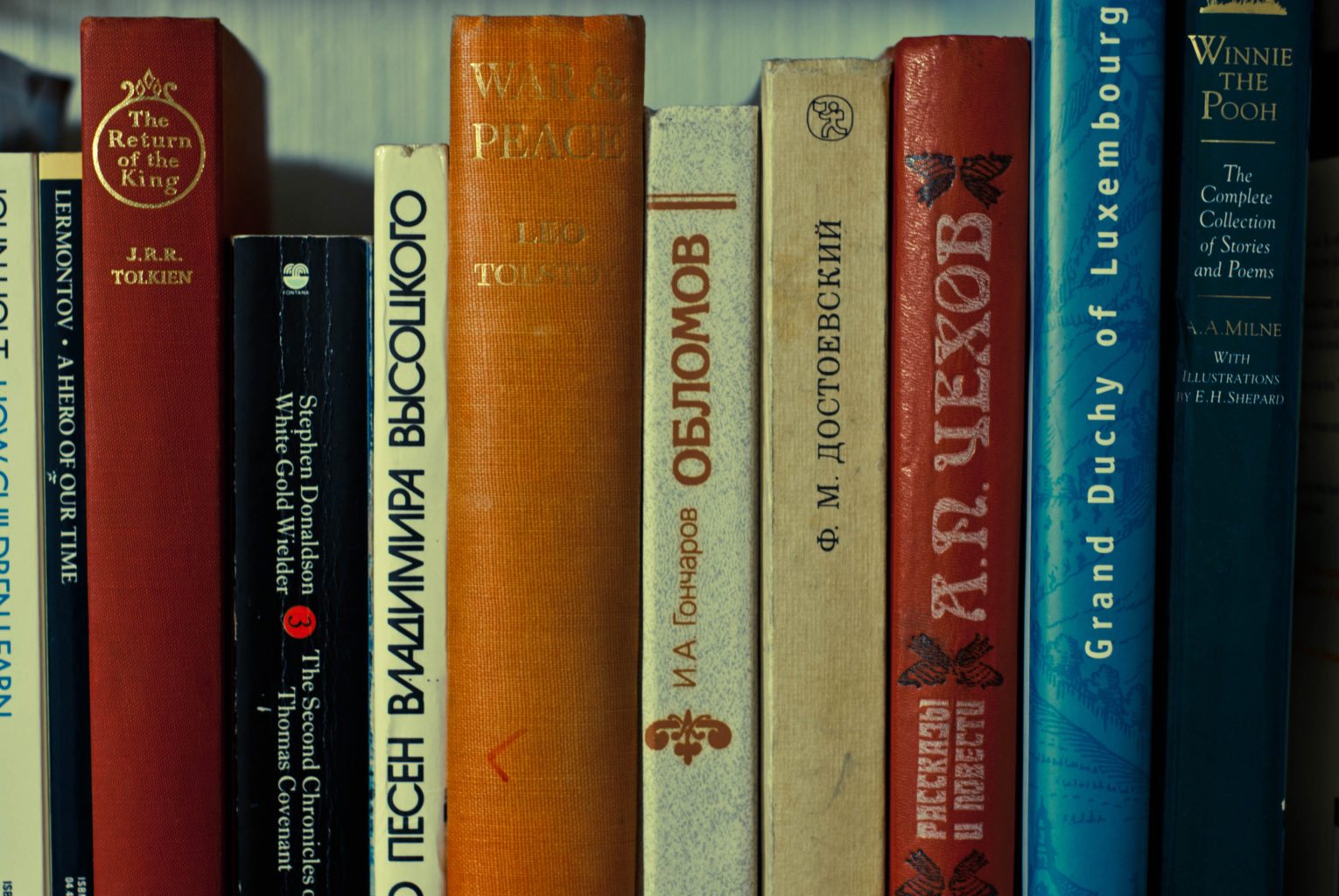A Swim in a Pond in the Rain: A Review
George Saunders is a writer, journalist, and faculty member at Syracuse University in the state of New York. As Saunders frequently asserts himself, a good book is as much about the writer as the content of their work. This is what makes A Swim in a Pond in the Rain, published in 2021, such a curious read. The book, an exploration of how the mind, particularly his mind, works when writing, is a provoking read in more than one sense.
Saunders himself has alighted on the unorthodoxy of his background in writing, previously commenting that his writing process is him “working inefficiently, with flawed tools, in a mode I don’t have sufficient background to really understand. Like if you put a welder to designing dresses.” This is precisely what makes the book such a joy to read. Stripped of all pretence and intellectual flights of fancy, Saunders gives us open access to his inner mind.
“As someone who has pondered, on more than one occasion, what it would be like to read minds, one of my biggest advocations for the book is that it gave license to my curiosity”
As someone who has pondered, on more than one occasion, what it would be like to read minds, one of my biggest reasons for enjoying the book is that it gave license to my curiosity. However, more than understanding how he works, the beauty of Saunders’ book is that it allows us to better understand ourselves. Saunders is a big lover of the short story himself, having written for and posted dozens of short workers in The New Yorker magazine. In this book however, he shows us how his idols, the 19th and 20th century Russian writers Anton Chekhov, Leo Tolstoy, Ivan Turgenev, and Nikolai Gogolm employ the form.
The idea is that in understanding how Russian writers develop characters, give meaning to places and surroundings, think about the relationships between events that turn a string of facts into a story, and build bridges between the worlds they have created and our world, is that we get a peek behind the curtain and actually get to accompany the writer on their journey.
“The unique ‘gift’ of the book is that Saunders does not elevate his position as author above that of the reader.”
The unique ‘gift’ of the book is that Saunders does not elevate his position as author above that of the reader. On the contrary, he states we, the readers, are what make the book. The precise question of “what makes you keep reading?” after you pick up a book is his particular fascination. After picking up his book, it has also increasingly become mine. As someone with aspirations of being an author, the book’s diagnosis is able to blow away a lot of mental cobwebs that serve as a block on understanding how a writer can perfect their craft.
However, beyond this, he categorises the entire literary community as part of an ecosystem of “people who’ve put reading at the center of their lives because they know from experience that reading makes them more expansive, generous people.” Drawing out emotion and heart from everything, Saunders bucks a lot of trends and preconceptions about being an author. He shows us that all you need to be a great writer is to portray emotion authentically, in a way that really resonates with others.
The reason that I love the book is that what Saunders teaches cannot be found in the a textbook, it cannot be ascribed to a certain lore or quantifiable metric.
“His writing points towards, as many other minds have also done, a ‘flow state’, that point when you achieve a level of synergy with an activity or your surroundings that you stop being conscious of it.”
His writing points towards, as many other minds have also done, a ‘flow state’, that point when you achieve a level of synergy with an activity or your surroundings that you stop being conscious of it. This is the place that all great works of art and science, every major sporting achievement and every world altering speech comes from. The self-understanding of this concept is therefore, at its core, what the book tries to bestow to its worthy readers.
Although it is a book about writing, it is also a book about so much more. For anyone equipped with the enthusiasm, passion and calling to read it and to learn more about themselves I would strongly recommend it. As Saunders says himself, the best teachers “do something almost holy, which we never forget: They take us seriously.” It is his respect and thoughtfulness for the reader as he teaches us about the literary process that turns A Swim in a Pond in the Rain from a good book to a great one.

Comments